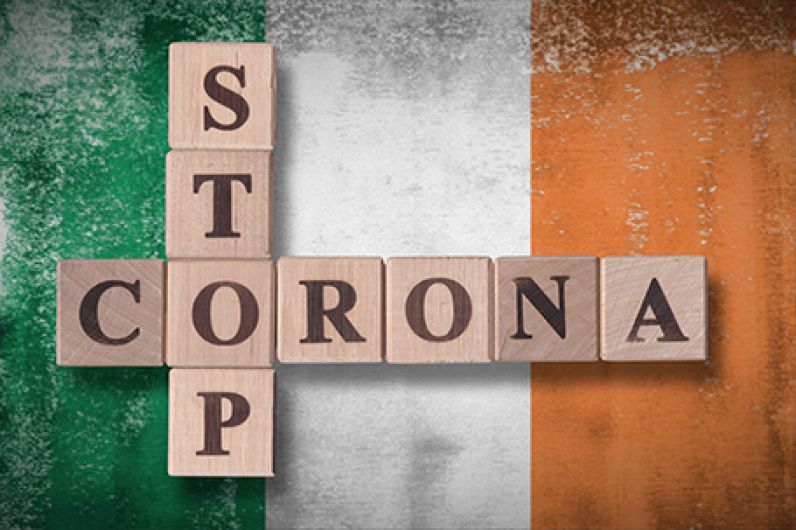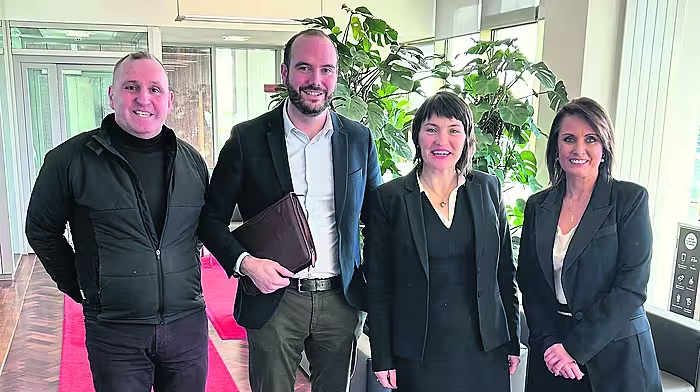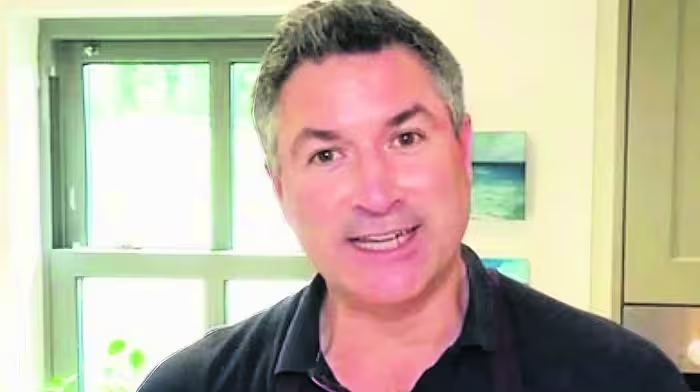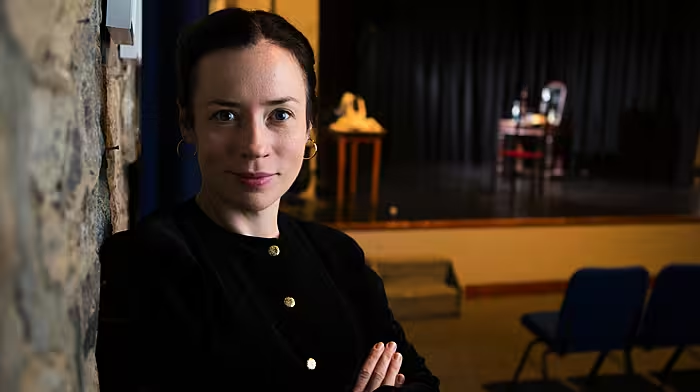THE Health Protection Surveillance Centre has today been informed that a further 43 people with Covid-19 have died.
There have now been a total of 1,232* Covid-19 related deaths in Ireland.
As of 11am Thursday 30th April, the HPSC has been notified of 359 new confirmed cases of Covid-19. There is now a total of 20,612 confirmed cases of COVID-19 in Ireland, with 1,146 cases in Co Cork.
The HSE is working to identify any contacts the patients may have had to provide them with information and advice to prevent further spread.
Today’s data from the HPSC, as of midnight, Tuesday 28th April (20,111 cases), reveals:
- 58% are female and 42% are male
- the median age of confirmed cases is 49 years
- 2,706 cases (13%) have been hospitalised
- Of those hospitalised, 360 cases have been admitted to ICU
- 5,684 cases are associated with healthcare workers
- Dublin has the highest number of cases at 9,967 (50% of all cases) followed by Kildare with 1,193 cases (6%) and then Cork with 1,146 cases (6%)
- Of those for whom transmission status is known: community transmission accounts for 63%, close contact accounts for 33%, travel abroad accounts for 3%
Dr Tony Holohan, chief medical officer, Department of Health, said: ‘The latest report of Covid-19 cases in healthcare workers reveals that 34% of cases relate to nurses, healthcare assistants amount to 24% and cases among doctors is at 7%. Since the pandemic began in Ireland 72 nurses, 40 healthcare assistants, 22 doctors and 45 other allied healthcare workers have been hospitalised with Covid-19.’
Dr Ronan Glynn, deputy chief medical officer, Department of Health, said: ‘Healthcare workers place themselves at risk everyday during this pandemic. Supporting them and doing everything possible to protect them in their work is a priority not just for NPHET and the HSE, but society at large. The willingness of people to stay home and follow public health advice has been instrumental in this effort.’
Professor Philip Nolan, chair of NPHET Irish Epidemiological Modelling Advisory Group, said: ‘To understand the importance of our next steps we should look back to the pattern of the epidemic at the beginning of March. Within 10 days we went from 50 people in ICU to 140 people in ICU. Currently, there are 106 patients in ICU. If a similar surge occurred on top of our current ICU figure, we would find it very difficult to manage the treatment of patients. This reflects the sensitivity required in relaxing restrictions.’








